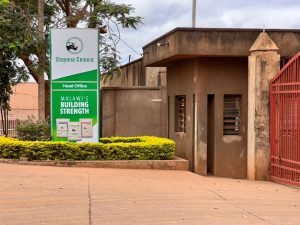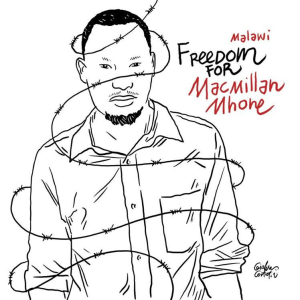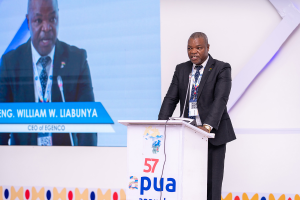SALIMA SUGAR FRAUD: BILLIONS IN FUEL TANKS AND IRRIGATION FUNDS FEARED PLUNDERED

Salima Sugar
BY GREGORY GONDWE
Salima Sugar Company, originally established in 2012 to bolster Malawi’s agriculture sector through a loan from India’s EXIM Bank, is now under the microscope.
An alarming audit revelation suggests that of the US$76.5 million obtained in 2012 to finance the development of an irrigation network, a sugar refinery, and fuel storage facilities, US$42.86 million remains unverified. The funds allegedly used to procure fuel tanks and irrigation equipment lack supporting documentation.
Those funds, just as funds from another loan from the Export-Import Bank of India (EXIM) Bank to boost Malawi’s agriculture that led to the infamous tractor gate scandal, are now feared missing. The previous scheme, too, sought to boost Malawi’s agriculture via a 2008 loan amounting to $30 million, followed by a $50 million loan intended to finance cotton processing facilities, as well as the Green Belt Initiative and One Village One Product.
Signed on December 13, 2012, the loan that established Salima Sugar, amounting to $76.5 million, was the third one and was aimed to finance the development of an irrigation network, the establishment of a sugar refinery in the central district of Salima under the Green Belt initiative and development of fuel storage facilities.
Audit Consult’s comprehensive report, sourced by PIJ, delves deeper, highlighting a questionable procurement process. It was found that the construction firm for the sugar factory, Apollo International, may not have been chosen through legitimate means, with several other contractors also seemingly hand-picked without proper vetting.
The abuse of the company means Malawian taxpayers’ money will pay for years those loans while the purpose they were intended for was not achieved.
The report investigated matters of compliance of with the shareholders’ agreement, ascertained repayments of the loans by SSCL and Greenbelt Foundation, and reviewed its social corporate responsibilities.
In the end, among others, the audit has uncovered gross finance mismanagement and abuse. The report confirmed that through the Greenbelt Initiative, the Malawi government invested US$35 184 640 in the sugar project and above US$25 million through sovereign guarantees.
Salima Sugar Company’s former Chairperson, Shirieesh Betgiri is answering charges related to financial abuses at the company.
But the report describes as misprocurement the process in which the construction firm for the sugar factory, Apollo International, was identified, adding several other contractors were hand-picked for contracts illegally.
More glaring is the mismanagement of the US $42.86 million loan from the Exim bank, an amount more than half of the loan.
Reads the report: “Out of the US$76.5 million the Government borrowed from India, we could not validate an expenditure of US$42.86 million claimed to be used to procure fuel tanks and irrigation equipment. There was no supporting documentation.”

According to the audit findings, Salima Sugar Company also falsified documents to obtain loans without the approval of the boards of the company or the Greenbelt Initiative. One of the loans amounting to US $7 million was obtained from CDH Bank in March 2023, and another loan amounting to US $6 million was obtained from the same bank in the same month using false documents.
Reads the report: “Some directors of SSCL were committing the company to debts that were not approved by the boards. In this case, a loan facility of US $30 million loan was obtained from EDF (Export Development Fund) to be utilized for refinancing of CDHIB loans. SSCL board did not approval (sic) the $30 million re-financing arrangements, nor did GBA and GBHL boards approve the loan and the guarantee.”
The audit also references other loans obtained by the company without the board’s approval and other cases of governance breakdown.
The audit further reports on the officials at the company defrauding the company by making dubious payments to politicians and senior government officials in power. (SEE MORE OF OUR REPORTING ON THIS MATTER).





